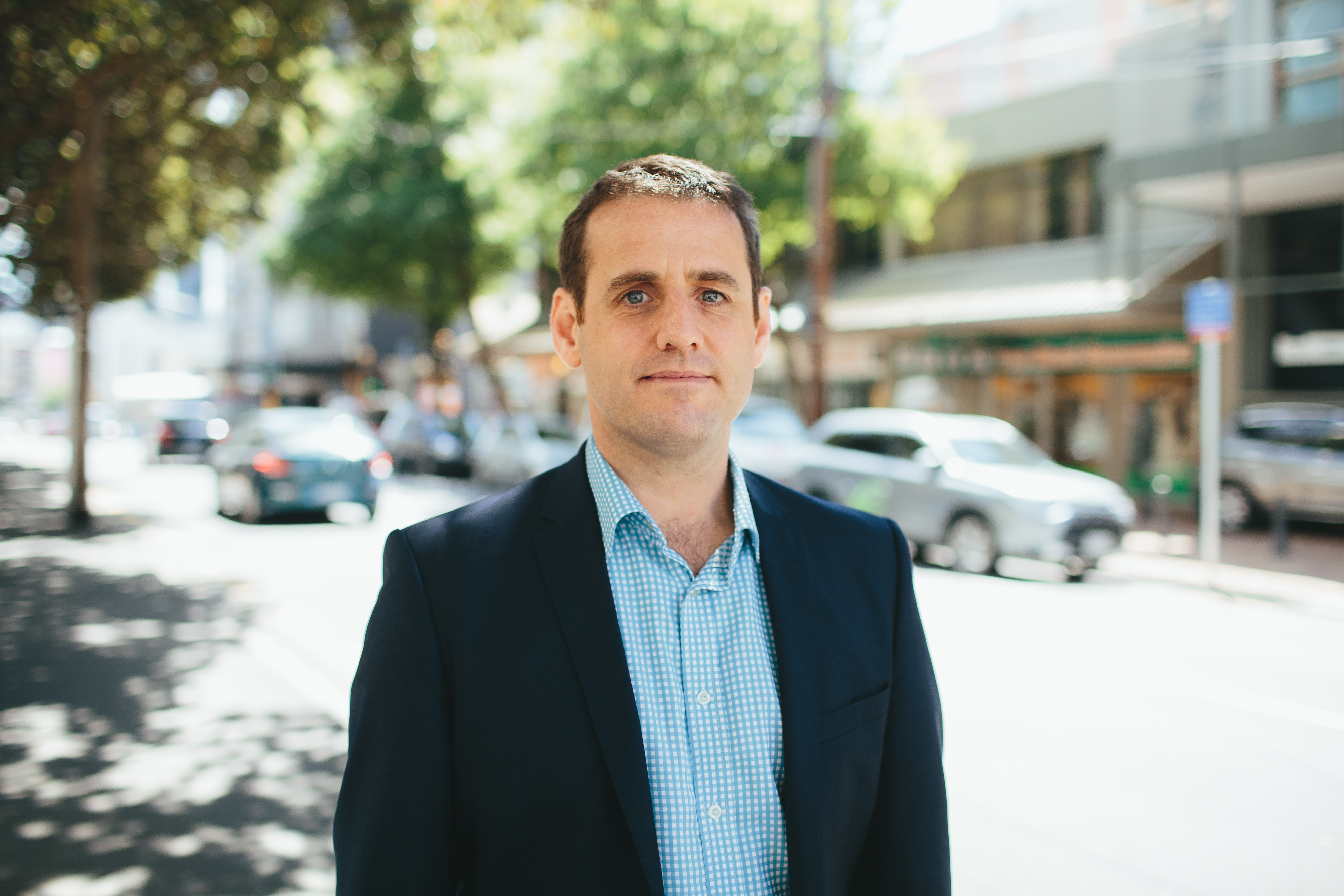The release of the September Consumer Price Index (CPI) by Statistics New Zealand shows that incomes are not keeping up with the cost of living. “Prices are rising faster than wages, and some of the biggest price rises are basic necessities for the lowest paid” said Sam Huggard, Council of Trade Unions Secretary.
Prices rose 1.9 percent in the last year, mostly driven by the escalating cost of food and housing. “Food and shelter are the most basic and unavoidable costs, but they make up a bigger percentage of the budget for families earning the least” Mr Huggard said. “Even petrol prices have risen faster than most costs and wages over the last year. Those who are struggling to get by are trying to keep up with higher relative inflation than people who have a bit more financial flexibility.”
“It’s not fair to working people that wages across the board are falling behind the cost of living. In the year to June, the average hourly wage rose only 1.6 percent and the Labour Cost Index rose only 1.7 percent. To make sure that working people maintain decent and dignified lives, we need to strengthen their voice through collective bargaining and also give a substantial lift to the minimum wage. It is an urgent priority for the incoming Government to boost real incomes, pay a living wage to the people they employ and establish industry standards to deliver a fairer return for Kiwi’s hard work” he said.
Food rose 2.8 percent over the past year, housing and household utilities rose 3.0 percent (with new housing rising 5.4 percent), and house insurance rose 12.1 percent. Petrol rose 4.5 percent. Over a quarter of the rise in prices was due to food and 40 percent of the rise was due to housing and household utilities.
Full Statistics New Zealand figures are available at www.stats.govt.nz/browse_for_stats/economic_indicators/CPI_inflation/ConsumersPriceIndex_HOTPSep17qtr.aspx
